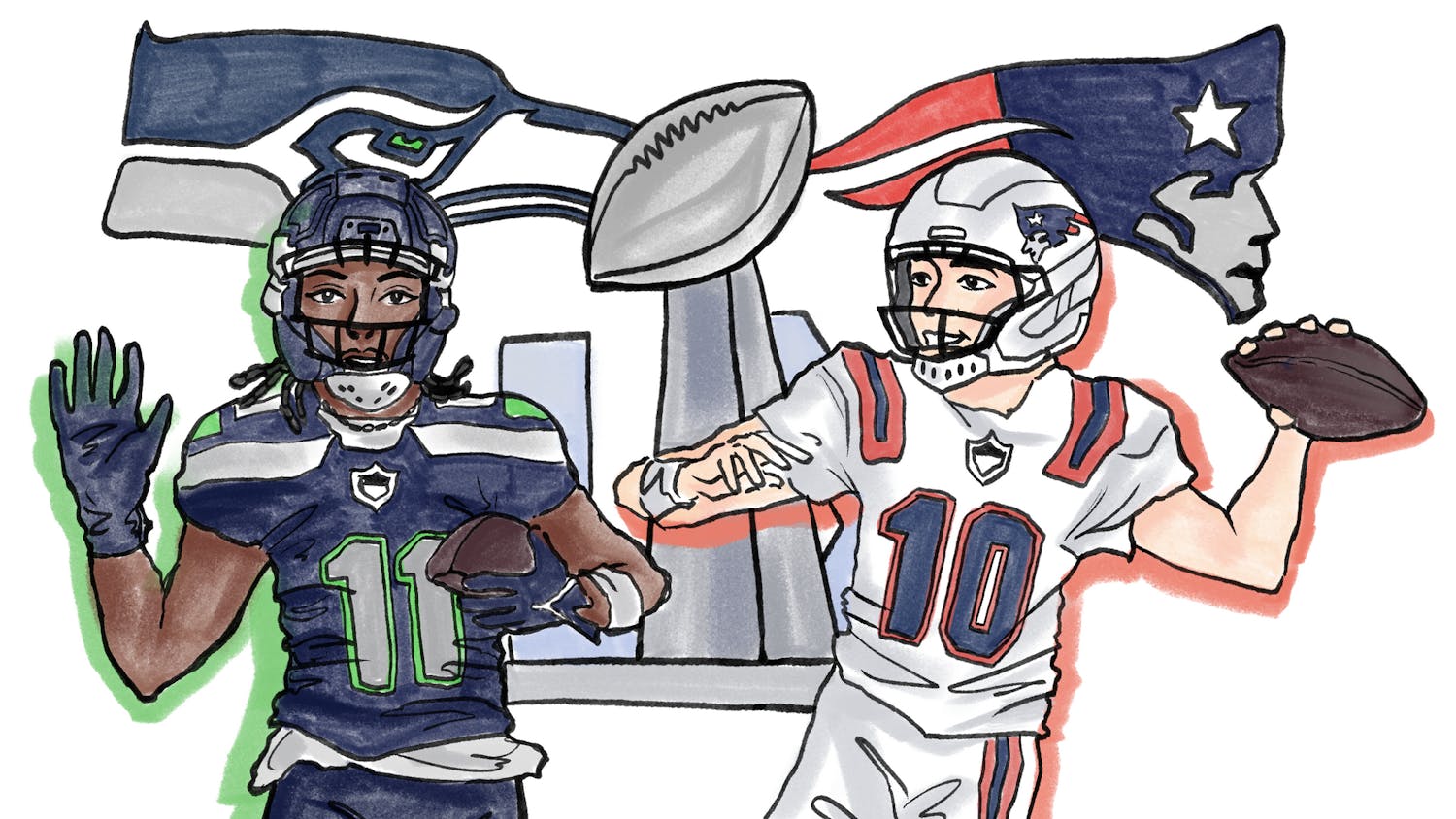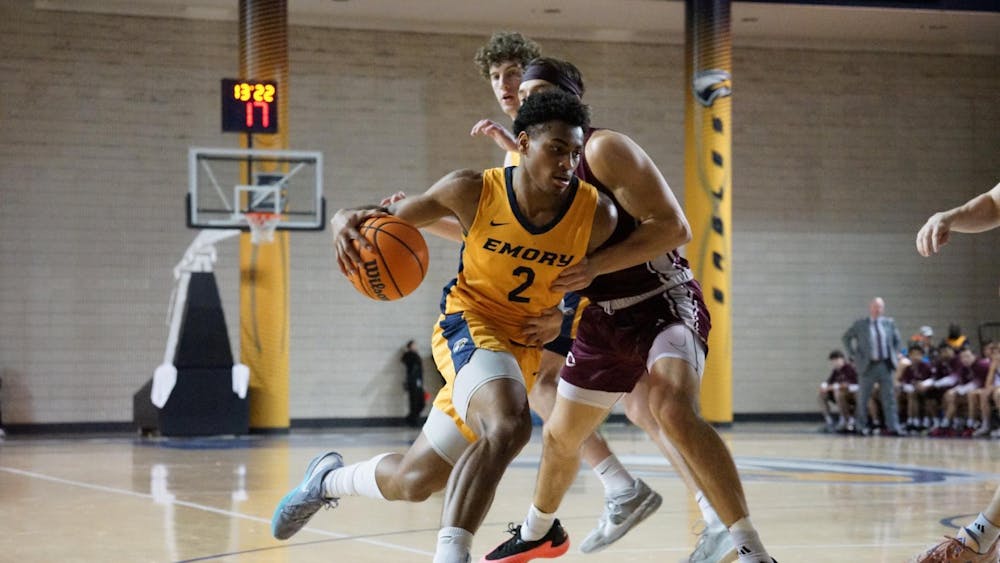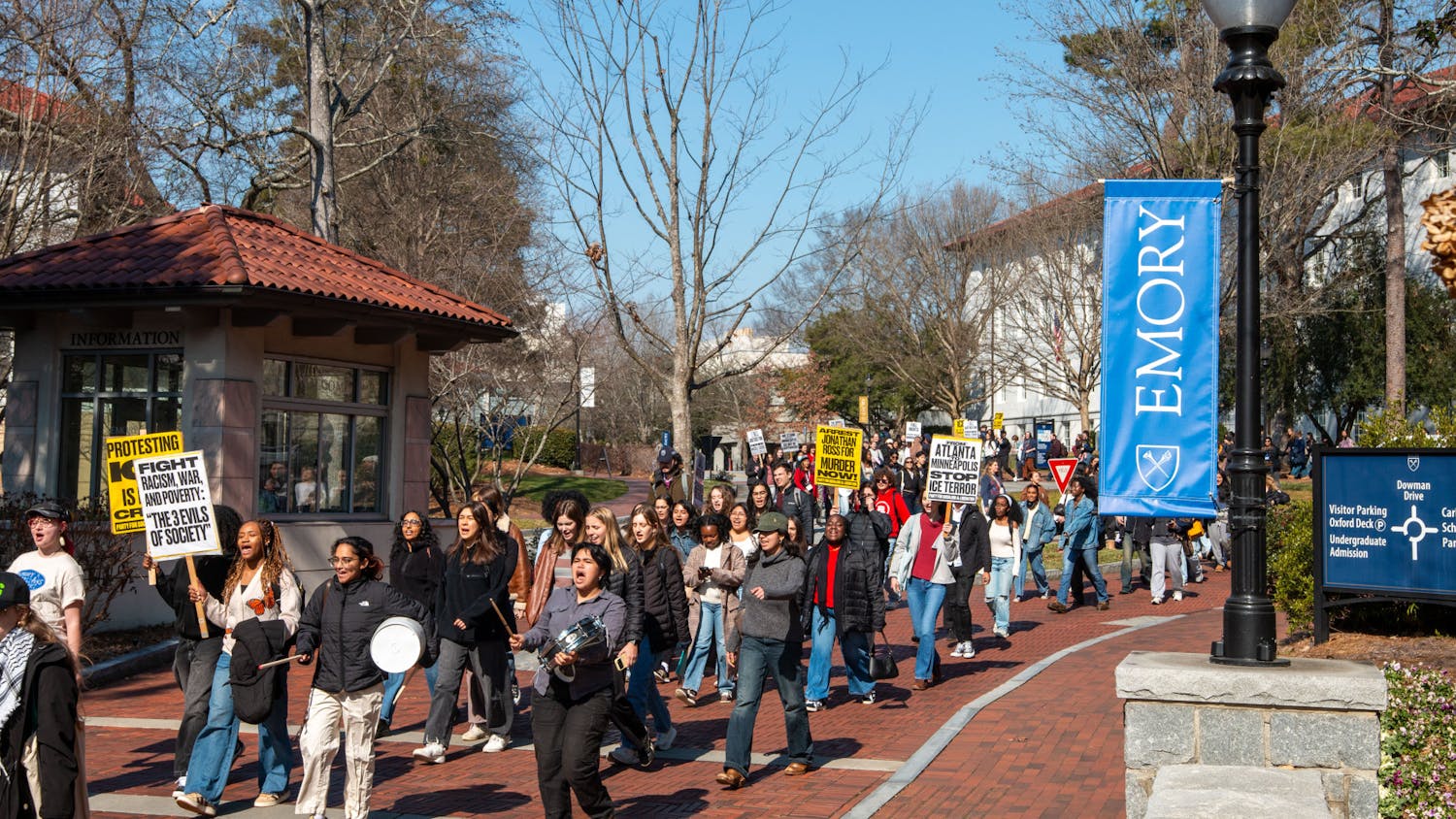On Feb. 4, the NBA announced its plans to hold the All-Star Game and Skills Challenge in Atlanta on March 7. Since then, however, there has been much debate among players, coaches and fans as to whether the festivities should be held. The decision to hold one is irresponsible, and the NBA should not have it.
Although the word “unprecedented” has been thrown around ad nauseum, the 2019-2020 NBA season was truly unprecedented in every sense of the word. Beginning on Oct. 22, 2019 and projected to end in April 2020, the season was more than halfway done before it was stopped in its tracks by COVID-19 on March 11. After a nearly five-month pause, the season resumed on July 31, 2020, in the famed NBA bubble. Following three days of game cancellations stemming from the Black Lives Matter movement, the season eventually ended on Oct. 11, 2020, 355 days after opening night.
To ensure the 2020-21 season finished before the Tokyo Olympics, the NBA began this season on Dec. 22, leaving last year’s playoff teams with just two months off. The ad hoc finish and hasty beginning of this season prompted many players, including reigning NBA Finals MVP LeBron James, to voice their displeasure with playing an additional, meaningless and dangerous All-Star Game.
De’Aaron Fox was brutally honest on the NBA’s plan to have an All-Star game this season...
— Dime (@DimeUPROXX) February 4, 2021
(via @SeanCunningham)pic.twitter.com/81XbryBfmA
"I have zero energy and zero excitement about an All-Star Game this year," James told the media after a game on Feb. 4. "I don't even understand why we're having an All-Star Game.”
James has a point. Why would players want to play in the All-Star Game when they went through so much trouble just to finish last season and are still hindered by COVID protocols this season? Only to be rewarded with the shortest offseason in the history of the NBA, MLB, NHL and NFL?
Sacramento Kings guard De'Aaron Fox, a likely first-time All-Star this season, echoed James’ sentiment in a press conference after the Kings’ game on Feb. 3.
"I’m going to be brutally honest, I think it’s stupid,” Fox said. “If we have to wear masks and do all this for a regular game, what’s the point of bringing the All-Star Game back?"
The likely motive behind all this — which Fox also relayed in the press conference — is money. NBA All-Star weekends amount to huge stacks of cash for the host city and the organization. Some 7.3 million people watched the 2020 NBA All-Star Game, nearly equal to the number of people who watched the 2020 NBA Finals. In pre-COVID times, fans would flood hotels, bars and restaurants, boosting the local economy.
The All-Star Game more importantly poses a large health risk to all parties involved. Already, the NBA has had to postpone 30 games due to COVID-19 cases and exposures. The league and the National Basketball Players Association (NBPA) are reportedly working on a schedule that would see players arrive the Saturday before the All-Star Game, participate in the event on Sunday and then leave right afterwards to minimize COVID exposure. However, given that the game is being held in Atlanta, one of only 11 franchises allowing in-person fans, there is extra reason to be concerned about COVID safety.
But even if NBA officials can find a way to guarantee that everyone will be safe, why would fans want to watch players like James and Fox compete in an event that they are not invested in? With how unnecessary, risky and forced an NBA All-Star Game may be, it seems illogical for the league to hold the game.
There are, however, some pros that should not be immediately overlooked. For starters, one big advantage is that Turner Sports, who has the TV rights to stream the game, is based in Atlanta. This means that all of the people who work to broadcast the game do not have to travel out of state, mitigating a potentially huge COVID risk for the people working behind the scenes.
The game could also provide some benefit to players. Despite the negative opinion of James, a 16-time NBA All-Star, the NBPA believes some players may enjoy playing in a game celebrating the rare accomplishment of being recognized as one of the league’s best. Players may also have a financial incentive to play. In 2018, the NBA attempted to raise the level of competitiveness by awarding $100,000 to each player on the winning team. But even if they do not win, some players have a clause in their contract that gives them bonus money for actually playing in the All-Star Game.
One of the most exciting factors of the game, though, is that the proceeds would go toward benefiting historically Black colleges and universities (HBCU) as well as COVID-19 relief. This idea came from NBPA President and Phoenix Suns guard Chris Paul. When rumors of an All-Star Game began circulating in late January, Paul— who enrolled in classes at HBCU Winston Salem State University (N.C.) in 2020— wanted the venue for the game to be an HBCU. It is not yet clear what percentage of the revenue from the game would go to each cause.
Despite the potential positive impacts that holding an All-Star Game may have on HBCUs and COVID-19 relief efforts, the damaging effects of even one person contracting COVID from the All-Star Game would tint the NBA’s reputation. It would also be extremely ironic for an event raising money for COVID relief to simultaneously contribute to the problem.
While money raised for HBCUs is certainly positive, many players already donate money from their own paychecks to support such schools. James has given countless amounts of money to education initiatives: he pledged $42 million to help underserved children pay for college and founded I Promise School for underprivileged youth in Akron, Ohio.
With players already donating so much money to the cause, the health risks associated with the game and a lack of excitement from players, the NBA should not hold an All-Star Game this year. In postponing the game, the NBA can make their donations down the line when they can safely make money from this event.










